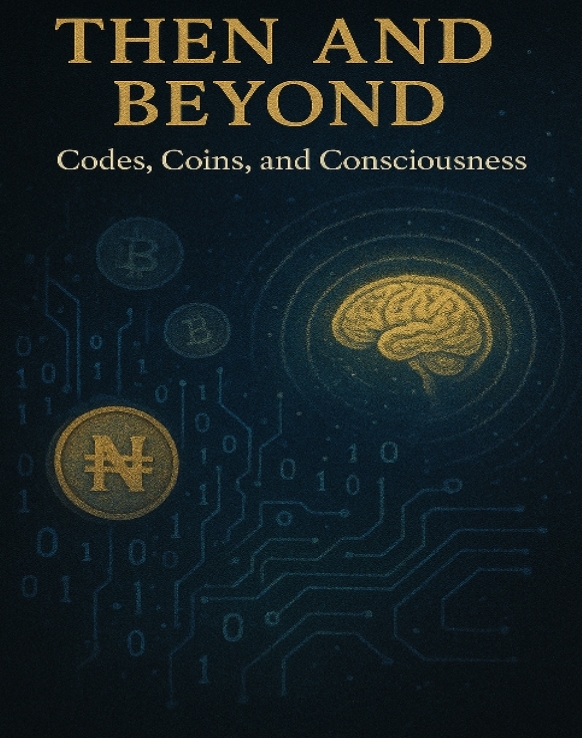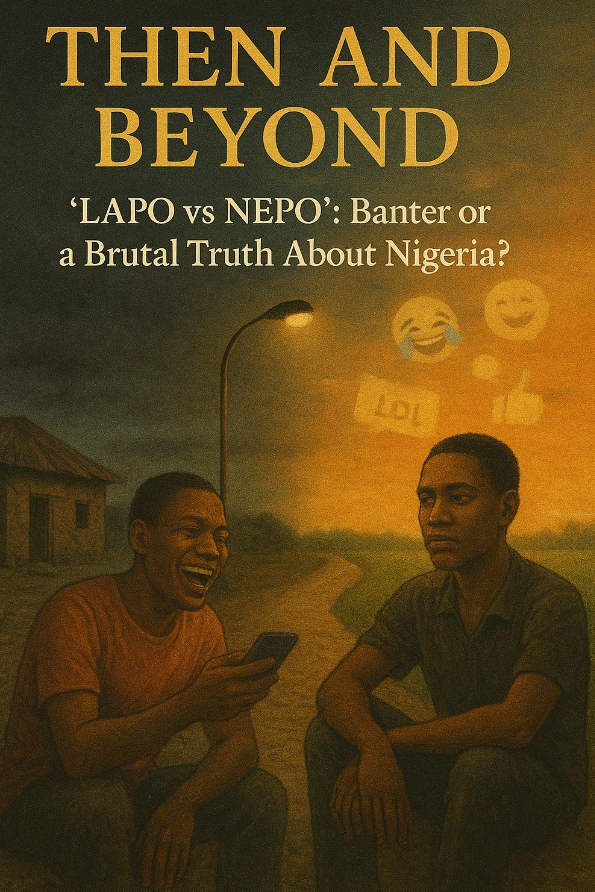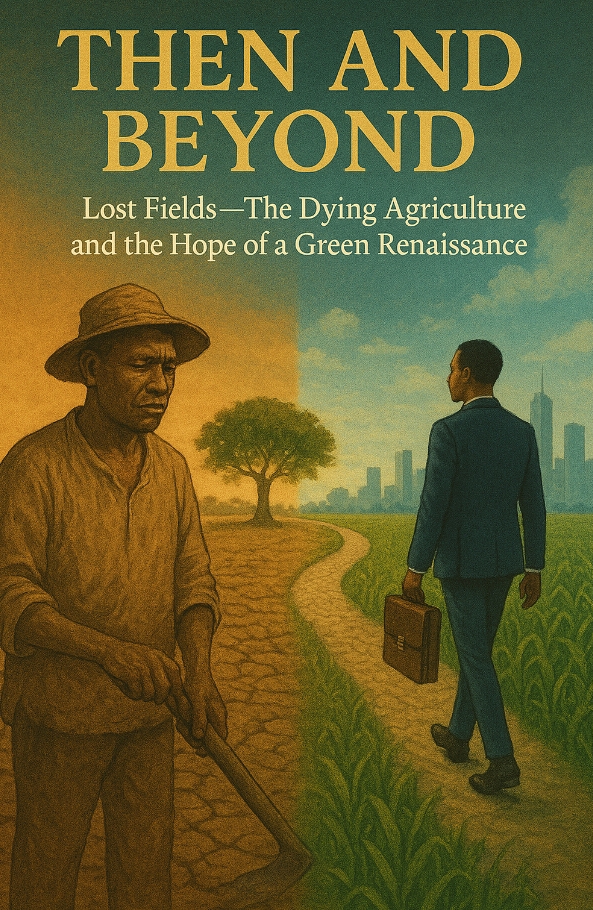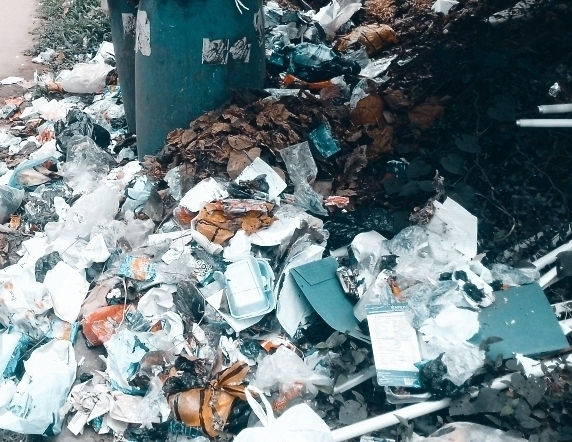Then and Beyond: The Rise and Fall of the Naira Currency

By: Oluseun FATOPE
In 1973, Nigeria welcomed its currency, the Naira, replacing the colonial pound sterling. One naira could buy $1.52. It was really a badge of independence, a promise of prosperity. A civil servant could buy a bag of rice, fill a petrol tank, or pay for a doctor’s visit with just a few crisp notes. Today, that same naira struggles at over ₦1,600 to the dollar on the parallel market. For many Nigerians, it’s not just the currency that’s lost value; it’s their savings, their labour, and their trust in the shaky future. It’s a story of a nation’s dreams, its missteps, and the resilience of its people.
THEN: A Currency for a New Nation
On 1st January 1973, Nigeria introduced the naira, bidding farewell to the Nigerian pound. One naira equalled ten shillings (half a pound). The Central Bank of Nigeria (CBN) championed this shift to a decimal system to assert economic sovereignty. For a young nation, just three years past a brutal civil war, the naira was a symbol of unity and ambition.
The economy was vibrant. Oil, discovered in Oloibiri in 1956, was fuelling growth. Civil servants earned salaries that afforded dignity. A teacher could buy a car, a nurse could build a house. With ₦1, you could fill a market basket with yam, rice, and fish, and still have change for a cold bottle of Star lager. By 1980, ₦1 exchanged for roughly $1.12. The naira wasn’t just strong; it carried the weight of a nation’s pride.
The 1970s were Nigeria’s golden era—or so it seemed. Oil gushed from the Niger Delta, and global prices soared. Dollars flooded government coffers. Lagos buzzed with new buildings, imported cars, and dreams of modernity. Families, traders in Onitsha, Old Oyo could afford to send their children to school abroad. Market women in Kano sold cloth from Manchester and electronics from Japan, paid for with naira that held its own.
But beneath the glamour, cracks were forming. The oil windfall masked a dangerous truth: Nigeria was becoming a one-trick pony. Agriculture, once the backbone of the economy, was neglected. Cocoa farmers in the Southwest and groundnut pyramids in the North faded as oil took centre stage. Manufacturing withered; why produce locally when you could import everything with petrodollars?
Policymakers, intoxicated by the boom, made choices that would haunt us. They kept the naira artificially strong, subsidising imports of rice, cars, even toothpicks. The CBN’s vaults were full, but the economy was hollowing out. This was the Dutch Disease: a nation so drunk on oil wealth that it forgot how to grow, build, or innovate. They thought the money would never stop, so they bought shoes, suits and even bread from abroad, thinking oil would save them all forever.
It was a mirage. When the oil market crashed in the early 1980s, Nigeria’s illusion of invincibility shattered. The naira, once a proud symbol, began its long descent. The 1980s brought a rude awakening. Global oil prices plummeted, and Nigeria’s reserves dwindled. The country, saddled with debt, turned to the International Monetary Fund (IMF). In 1986, under General Ibrahim Babangida, Nigeria adopted the Structural Adjustment Programme (SAP). It was meant to fix the economy but felt like a punch to the gut.
The naira was devalued overnight. From ₦1 to $1.12 in 1980, it slumped to ₦10 per dollar by the early 1990s. Subsidies on fuel, food, and education vanished. Inflation soared, turning salaries into pocket change. Factories shut down, unable to compete with cheap imports. The middle class, once hopeful, began to vanish. SAP wasn’t just policy, it was a personal trap. It was the trader in Oshodi who lost her stall, the graduate in Kaduna who couldn’t find work, the parent who couldn’t afford medicine. The naira’s fall wasn’t just numbers on a chart; it was the sound of dreams breaking.
The 1990s were darker still. Under General Sani Abacha’s regime, corruption thrived, and foreign investors fled. The naira plummeted further, and the black market—now politely called the “parallel market”—became the true measure of its value. By 1999, multiple exchange rates existed: one official, one real, and none reliable. The return of democracy in 1999 brought hope. Under President Olusegun Obasanjo and CBN Governor Charles Soludo, reforms stabilised the naira briefly. Oil prices climbed again, offering a lifeline. But the economy remained fragile, tethered to oil’s whims. Each price dip sent the naira reeling, and Nigerians learned to brace for the next fall.
NOW:A Currency Under Siege
Today, the naira is a shadow of its former self. In 2023, under CBN Governor Godwin Emefiele, a naira redesign sparked chaos. The goal was noble: curb inflation, tackle vote-buying, and push for a cashless economy. But the rollout was a nightmare. Cash vanished from circulation. ATMs stood empty. In rural areas, where mobile banking is a distant dream, traders like Aisha in Sokoto couldn’t sell their tomatoes; drivers like Chukwu in Enugu couldn’t buy fuel. The redesign didn’t fix the naira’s deeper woes. It was like treating a broken leg with a plaster. Nigerians queued for hours, some sleeping outside banks, just to withdraw their own money. The anger was palpable, on social media, in markets, in churches and mosques. The naira, meant to unite us, became a source of division.
Inflation yet again kept stalling our greatness, now exceeding 30%. A bag of rice, once ₦1, now costs over ₦60,000—more than what many earn in a month. The gap between official and parallel exchange rates fuels corruption, with insiders profiting from arbitrage. Nigerians are adapting, as always. Some, like my cousin Tunde, save in dollars or trade crypto on their phones. Others, like my neighbour Oluwatayo, are planning to join the “japa” wave to Canada or the UK. But behind these choices lies a painful truth: the naira no longer feels like home
BEYOND: Can the Naira be Saved?
The fate of the naira is inseparable from the health of Nigeria’s broader economy. To strengthen the national currency and secure long-term economic stability, Nigeria must first confront its dangerous overreliance on oil. The volatility of global oil prices and the narrowing demand for fossil fuels have exposed the vulnerability of an economy tied too closely to a single commodity. To chart a more sustainable path, Nigeria must invest in producing what it consumes and exporting value-added goods, not just raw materials. Manufacturing presents one of the clearest paths forward. Rather than importing products we could easily produce ourselves, such as wheat and paper, Nigeria must build industries that convert raw agricultural and mineral resources into finished goods. This would not only create jobs but also reduce dependence on foreign exchange, helping to stabilize the naira. Similarly, agriculture must be revived beyond subsistence levels.
Modernised farming through mechanisation, improved storage, and efficient distribution can position Nigeria to feed itself and even export surplus produce, thereby earning valuable foreign exchange. Equally vital is the expansion of Nigeria’s creative and digital economy. Sectors like Nollywood and tech startups have proven their potential on the global stage. With the right policies, funding, and infrastructure, these industries can become powerful export earners. Encouraging innovation, investing in digital infrastructure, and supporting intellectual property protection will allow Nigerian talent to flourish, bringing in foreign earnings and reducing the pressure on the naira. Another crucial reform lies in unifying Nigeria’s multiple exchange rates. The current system fosters distrust, invites corruption, and discourages foreign investment. To create a more transparent and stable monetary environment, the Central Bank of Nigeria (CBN) must allow the naira to float freely, letting market forces determine its value. While this transition may come with short-term pain, it offers long-term credibility. The CBN should then focus its foreign reserves on stabilising market shocks rather than attempting to manipulate the currency. At the same time, illegal currency trading must be aggressively tackled to maintain the integrity of the official exchange system. A single, credible exchange rate will attract investors and bring clarity to Nigeria’s monetary landscape.
Taming inflation is equally important. Inflation erodes purchasing power, rendering salary increases meaningless if they are constantly outpaced by rising prices. To address this, the government must stop excessive borrowing from the CBN, which only fuels inflation further. Instead, spending should be redirected toward long-term investments such as infrastructure, education, and job creation, rather than wasteful bureaucratic expansion. The CBN, for its part, must be allowed to operate independently, with a primary mandate of maintaining price stability. Political interference in monetary policy only undermines its effectiveness, exacerbating the very problems it seeks to solve.
In today’s digital world, Nigeria must also embrace technology wisely in its financial systems. The eNaira, launched in 2021 with great promise, has largely underperformed due to technical glitches and a lack of public awareness. Rather than pushing a top-down digital currency that many citizens do not understand or trust, the focus should be on improving mobile banking, especially in underserved rural areas. Fintech innovations must be regulated to protect users without stifling creativity. Most importantly, financial literacy must be expanded. If a woman like Mama Nkechi in a remote village can confidently use her phone to save, transfer, and manage money, then digital finance will have truly succeeded in empowering the people. A cashless economy must be inclusive, not exclusive.
Above all, the naira’s value ultimately rests on public trust. A currency is only as strong as the belief people have in its stability and future. To rebuild this trust, monetary policies must be made transparent and communicated in plain language. Citizens deserve to know what is being done and why. Leadership, too, must be disciplined and accountable, from the halls of power in Abuja to the offices of the CBN. Trust is a fragile commodity, easily broken but painstakingly rebuilt. Yet, without it, even the best policies will falter.Nigeria stands at a crossroads. To secure the naira’s future, the country must diversify its economy, reform its monetary systems, and build a foundation of trust and transparency. These are not easy fixes, but they are necessary ones. When Nigeria produces more, governs better, and empowers its people, the naira will not only survive—it will thrive.








